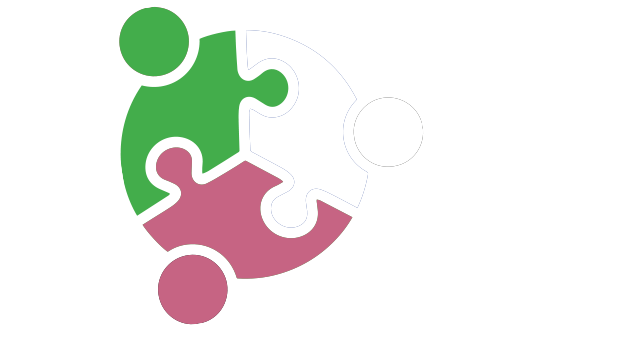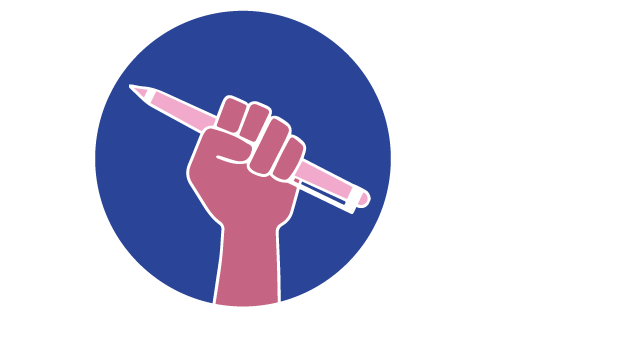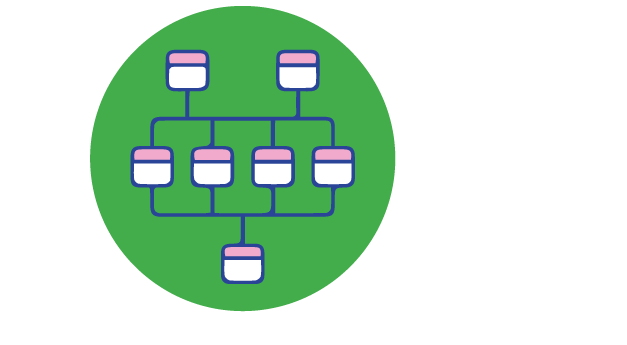The Toolbox Series
The Toolbox Series is a forum for discussing new methods that help us to better understand, develop, and/or evaluate data-driven technologies. Through “Toolbox Talks” we explore and learn about researchers’ new techniques and approaches to, for example, examining AI or data governance. Everybody is welcome to join the talks!
Toolbox series #7: Talk with Shaan Chopra
Generative AI Opportunities for Personal Health
Shaan Chopra is a doctoral student in Computer Science & Engineering at the University of Washington. She conducts research at the intersection Human-Computer Interaction (HCI) and Health to create inclusive technologies that help people better understand, experiment, and make decisions based on personal health data. In this Toolbox series she will present her research article:
Abstract: Personal informatics processes require navigating distinct challenges across stages of tracking, but the range of data, goals, expertise, and context that individuals bring to self-tracking often presents barriers that undermine those processes. We investigate the potential of Generative AI (GAI) to support people across stages of pursuing self-tracking for health. We conducted interview and observation sessions with 19 participants from the United States who self-track for health, examining how they interact with GAI around their personal health data. Participants formulated and refined queries, reflected on recommendations, and abandoned queries that did not meet their needs and health goals. They further identified opportunities for GAI support across stages of self-tracking, including in deciding what data to track and how, in defining and modifying tracking plans, and in interpreting data-driven insights. We discuss GAI opportunities in accounting for a range of health goals, in providing support for self-tracking processes across planning, reflection, and action, and in consideration of limitations of embedding GAI in health self-tracking tools.

Toolbox series #6: Talk with Sarah Homewood
Removal as a Method: A Fourth Wave HCI Approach to Understanding the Experience of Self-Tracking
In this Toolbox session Sarah Homewood, Tenure-Track Assistant Professor in Human Centred Computing at the University of Copenhagen, will present removal as a method; the deliberate removal of technologies as a research method. Her method builds on the belief that “you don’t know what you’ve got until it’s gone”. She will describe how she has used the method to understand the lasting effects of menstrual cycle tracking in two ways: 1. hypothetically by asking interviewees to imagine removing a technology from their lives, and 2., by literally removing technologies and documenting the effects of this removal through a duoethnography. She proposes that removal as a method is a great way to understand what technologies really mean to us, and especially how technologies continue to shape us, even after they are gone. She positions this method within the more-than-human, fourth-wave HCI where technologies are understood as being entangled with us at an epistemological and even ontological depth.

Toolbox Series #5: A conversation with Jørgen P. Bansler, Professor Emeritus
A Semiotic Perspective on CSCW
In this Toolbox session Jørgen P. Bansler, Professor Emeritus will explore the idea that computational artefacts fundamentally are “semiotic machines” and discuss the implications for improving their design and use in the context of cooperative work. In using the term “semiotic,” Jørgen P. Bansler do not want to imply that computers are somehow able to “understand” the data that they process, but simply that what we routinely do with computational artefacts is to manipulate signs, such as words, numbers, maps, graphs or mathematical symbols. His thesis is that we have not fully appreciated the importance of understanding how practitioners use signs as an integral and indispensable part of their cooperative work practices, whether for communicating, coordinating, measuring, calculating, modelling, categorising or other tasks. So, if we want to improve the design and use of computational artefacts then we need to pay close attention to and analyse the “language games” played by practitioners as they go about their work. As an example, Jørgen P. Bansler will briefly discuss the design and implementation of the electronic health record (EHR) system “Helseplattformen” in Norway.
Cooperative Epistemic Work in Medical Practice: An Analysis of Physicians’ Clinical Notes

Toolbox Series #4: A conversation with Erik Grönvall, Associate Professor at the IT University in CPH
Designing for offline and online social work: Technology-mediated collaborative practices in and between municipalities
Erik Grönvall will talk about observations and reflections coming from running a long-term implementation and evaluation of a form of living lab that digitalize parts of the professional social care practices, for example the effects of moving social care practices online, the inherent fragility of commitment over time, and the social worker as knowledge creators and sharers.

Toolbox Series #3: Engaging with Global South communities: Challenges, Methods and Opportunities for Digital Health - A conversation with Nervo Xavier Verdezoto, Senior Lecturer at Cardiff University
Most of Nervo Xavier Verdezoto’s research aligns to the turn to practice in HCI and combines fieldwork with user-centered and participatory design methods to further understand people’s everyday practices, different stakeholders needs, and how people appropriate technology. In particular, he has expertise in ethnographically informed design, user-centered and participatory design, and design and evaluation of sociotechnical systems and has been working in various research projects related to healthcare, physical computing, and sustainable HCI. For example, his previous research has investigated the everyday challenges of older adults (healthy and with heart conditions) engaging in self-monitoring and medication practices and how pregnant women with preeclampsia use and interact with self-monitoring technologies to further understand how these technologies change people’s everyday practices and shape their clinical encounters and decision making.
In addition, he has been investigating healthcare infrastructures in the Global South with particular focus on maternal and child health practices and pregnancy complications. Recently, he lead a network of 19 multidisciplinary co-investigators from UK and South Africa aiming to co-design community-based interventions to improve maternal and child health. He also has health related projects in India, Ecuador, Peru, Ghana, and Bangladesh.

Toolbox Series #2. Citational Justice: A conversation with Neha Kumar, Associate Professor at Georgia Tech and Naveena Karusala, PhD student at University of Washington
Why do we (all) cite how we cite? Where do we look for knowledge? And in the process, who do we omit to cite and why? Citations are heavily correlated with recognition of work, and feed into awards and tenure, as well as more informal rewards. Neha Kumar will raise questions around methods and practices towards greater citational justice in research, design, and practice.
Braving Citational Justice in Human-Computer Interaction
The rise of citational justice: how scholars are making references fairer

Toolbox Series #1. Algorithmic Auditing: A conversation with Christo Wilson, Associate Professor at Northeastern University
The Confronting Data Co-lab is happy to announce that Christo Wilson, Associate Professor at Northeastern University will join us for our first session. Christo will share insights from his research on algorithmic auditing and his thoughts on this emerging area of research. His recent work on “cooperative audits” can be accessed here.
Please sign up here.
